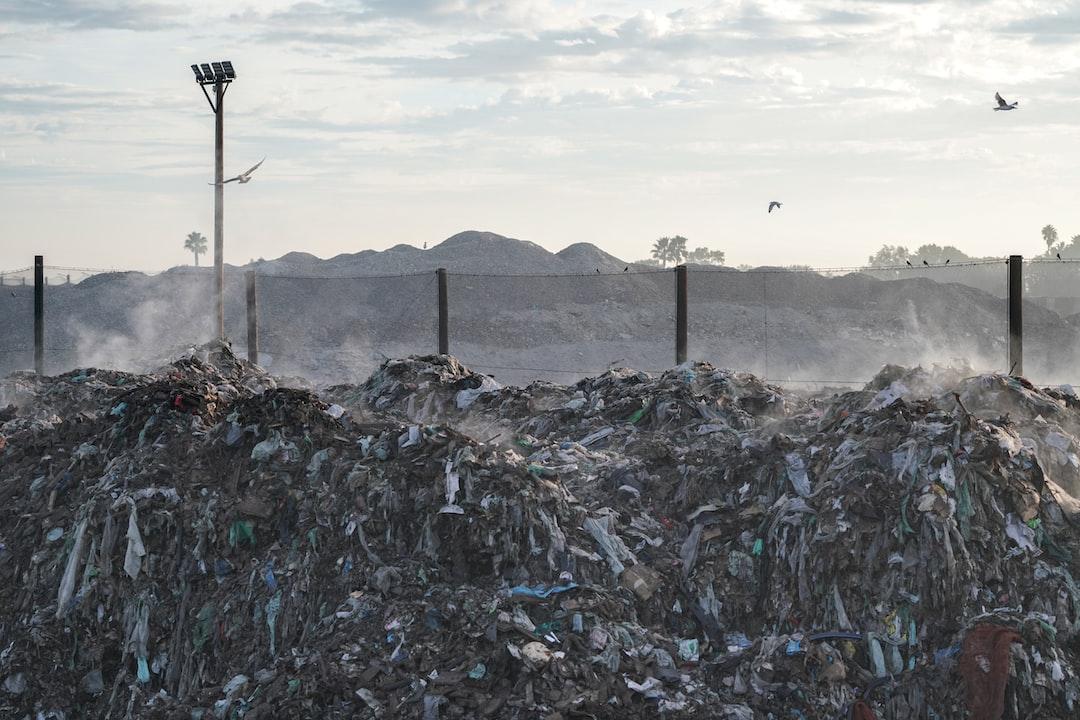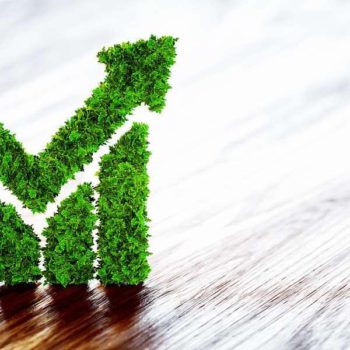|
|
With the escalating issue of plastic pollution and overflowing landfills, businesses worldwide are taking notable steps in combating these environmental challenges. Many companies have committed to reducing their carbon footprint and minimizing waste by adopting various sustainable practices.
Through their commitment to sustainable practices and adopting environmentally friendly technologies, these businesses lead toward a cleaner and more sustainable future. This article will delve into each company’s initiatives and provide data-driven insights on their achievements in reducing litter and landfill waste. Here are the leading top 10 companies that have committed to zero manufacturing waste to landfill:
| Company | Initiatives |
|---|---|
| Unilever | – Making all plastic packaging reusable, recyclable, or compostable by 2025. |
| – Aims to halve its use of virgin plastic and increase the use of recycled plastic. | |
| – Aims for zero waste to landfills from data centers and offices, achieving 91% waste diversion rate. | |
| – Committed to achieving zero carbon footprint by investing in high-quality carbon offsets. | |
| Microsoft | – Aims to divert 90% of waste from landfills by 2030. |
| – Recycling Circular Centres repurpose old hardware for data centers, achieving 83% reuse efficiency. | |
| Subaru | – Reduced waste generation by 60% since 2000 through a kaizen philosophy of continuous improvement. |
| Procter & Gamble | – Aims to make all packaging recyclable or reusable by 2030 and reduce greenhouse gas emissions by 50%. |
| Electrobac | – Smart bins for electronic waste collection to divert electronic devices from landfills. |
| Toyota | – Recycles plastic bumpers from end-of-life vehicles and explores innovative ways to recycle throwaway plastics into materials. |
| Zaak Technologies | – Upcycles mineral wastes into sustainable lightweight sand (Lypors®) for construction and other industries. |
| Mars, Inc. | – Sustainable Packaging Plan to make all packaging recyclable, reusable, or compostable by 2025. |
| Patagonia | – Introduces recycled polyester fleece products and encourages garment repair and exchange through “Worn Wear” program. |
1. Unilever

Unilever, a multinational consumer goods company, is leading the charge in combating litter and landfill through a series of impactful sustainability initiatives. With a commitment to making all plastic packaging reusable, recyclable, or compostable by 2025, Unilever aims to minimize plastic waste’s detrimental impact on the environment.
Unilever has set ambitious sustainability goals for 2025, aiming to halve its use of virgin plastic and increase the use of recycled plastic. The company also commits to collecting and processing more plastic packaging than it sells, making it the first major global consumer goods company to commit to absolute plastics reduction.
Unilever is already on track to achieve its existing commitments to make all plastic packaging reusable, recyclable, or compostable and to use at least 25% recycled plastic in its packaging by 2025. Unilever’s dedication to sustainability and responsible business practices is a shining example for other companies, inspiring collective action in addressing these pressing environmental challenges.
2. Google

Google, a renowned multinational technology company, is dedicated to sustainability and waste reduction, exemplified by its initiatives combating litter and landfill. They aim for zero waste to landfills from their global data centers and offices, achieving an impressive waste diversion rate of 91% in 2021 through recycling and composting efforts.
Google claims to have achieved a zero carbon footprint by investing in high-quality carbon offsets. They aim to build a carbon-free future by eliminating their carbon legacy and committing to operate on 24/7 carbon-free energy by 2030 in all their data centers and campuses worldwide. Google is also investing in technologies to help others make sustainable choices and estimates that their commitments will create over 20,000 jobs in clean energy and related industries by 2025.
Through comprehensive and data-backed sustainability efforts, Google sets a remarkable example as one of the world’s leading zero-waste companies, actively combating litter and landfill issues while advancing environmental stewardship.
3. Microsoft
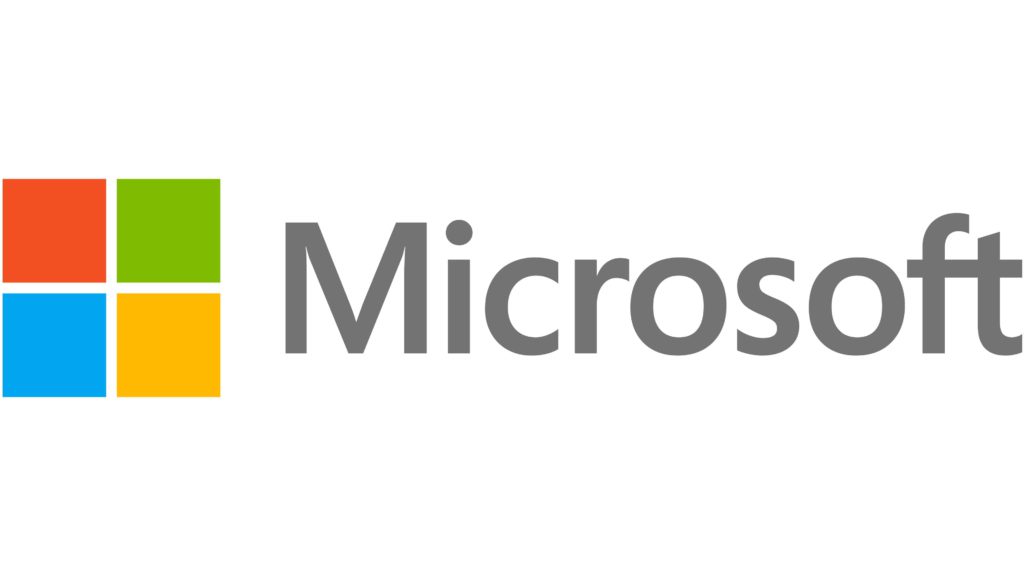
Microsoft, a world-leading technology company, aims to divert 90% of its waste from landfills by 2030. They have established recycling Circular Centres that efficiently reuse and repurpose old servers and hardware for their data centers, achieving an impressive 83% reuse efficiency in 2021.
Additionally, Microsoft pledged to eliminate single-use plastics in its packaging and use technology to improve waste counting in 2020, demonstrating its commitment to sustainability and waste reduction.
4. Subaru

Subaru, an automobile manufacturer, has taken significant steps towards waste reduction and implementing environmentally friendly practices. They have focused on reducing manufacturing waste and implementing recycling initiatives for production and post-consumer materials.
Subaru follows a kaizen philosophy of continuous improvement, involving all employees in the process. They offer rewards for suggestions that enhance vehicle quality, safety, and environmental stewardship. This approach has led to a 60% reduction in waste generation since 2000. In 2016, Subaru recycled almost 94 million pounds of materials, including 80 million pounds of metal, contributing to its commitment to sustainability.
5. Procter & Gamble’s initiatives

Procter & Gamble (P&G), a renowned consumer goods company, has implemented several initiatives to combat plastic pollution. They have set ambitious goals to make all packaging recyclable or reusable by 2030 and reduce greenhouse gas emissions by 50% across their entire value chain.
On America Recycles Day, they are working towards our 2030 goals by innovating packaging to use less material, promoting refilling or reusing, and ensuring easy recycling. Their brands are committed to offering all reusable or recyclable packaging by 2030, focusing on consumer packaging. Currently, at least 55% of our consumer packaging is recyclable or reusable, and Procter & Gamble aims to increase this percentage further to drive positive change in their industry.
6. Electrobac
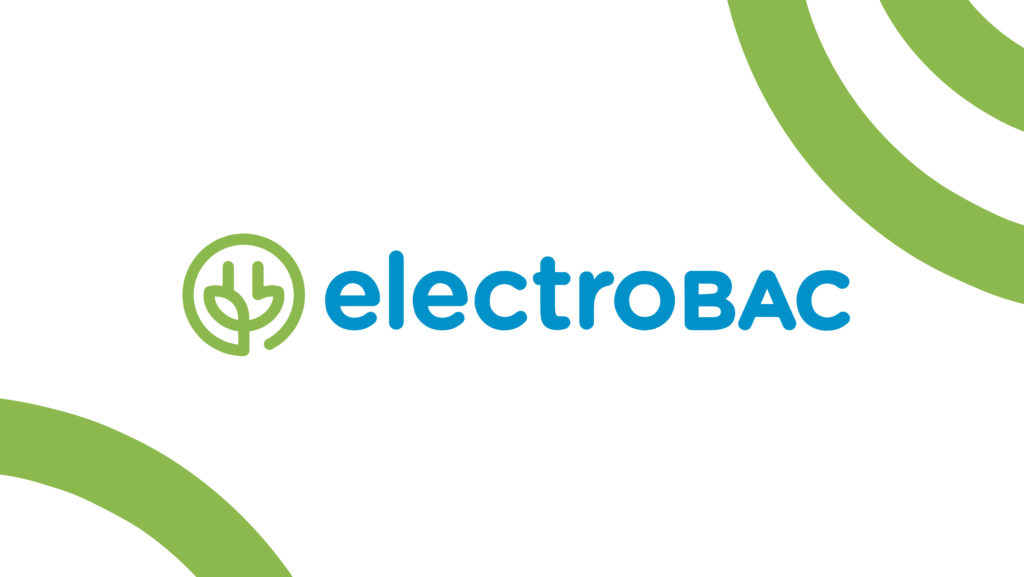
Electrobac is eliminating waste for sustainability because it recognizes the urgent need to address the environmental impact of electronic waste. As a company focused on electronic waste recycling and management, Electrobac aims to reduce the improper disposal of electronic devices, which often end up in landfills or contribute to pollution.
By implementing innovative solutions, such as their network of smart bins for collecting and recycling electronic devices, Electrobac actively contributes to diverting electronic waste from landfills and promoting responsible recycling practices. Their mission is to create a more sustainable future by effectively managing electronic waste and minimizing its detrimental effects on the environment.
7. Toyota
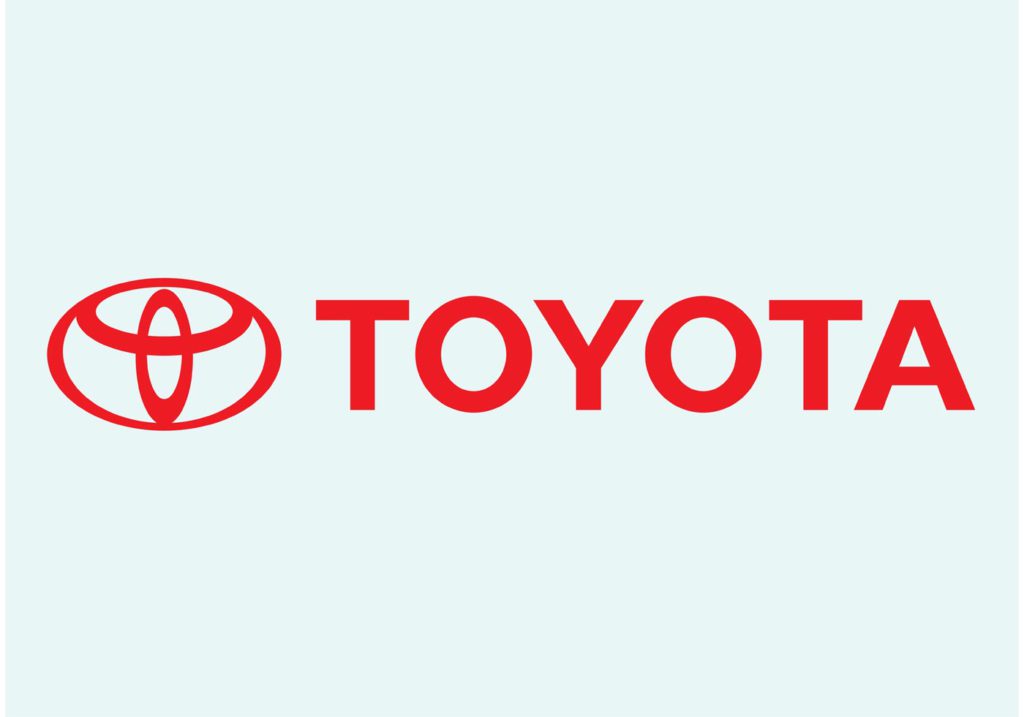
Toyota, a multinational automotive manufacturer, prioritizes sustainability in its production processes to reduce its carbon footprint and promote environmental responsibility. Through its Environmental Challenge 2050, Toyota aims to achieve zero waste to landfill and reduce CO2 emissions throughout its vehicles’ lifecycle.
To combat litter and landfill waste, Toyota actively recycles plastic bumpers from end-of-life vehicles, contributing to a more circular economy and reducing the need for new production. Additionally, the company collaborates with Jeplan Inc., a Japanese startup, to explore innovative ways to recycle throwaway plastics into fuel-efficient materials for their automobiles, addressing the plastic waste issue and the demand for sustainable automotive products.
By implementing these sustainable practices, Toyota demonstrates its commitment to combating litter and landfill waste while leading the way toward a more environmentally responsible automotive industry. Through partnerships and innovation, Toyota strives to create a sustainable future with reduced waste generation and efficient resource use.
8. Zaak Technologies

Shifting our focus to Zaak Technologies, a leading waste management company, they have developed innovative solutions to tackle the growing landfill waste problem. Recognizing the unsustainability of traditional waste disposal methods, Zaak Technologies prioritizes recycling and resource recovery. They employ advanced sorting technologies and efficient collection systems to divert waste from landfills effectively.
ZaaK, a company specializing in sustainable resource management, researches and develops innovative technologies to upcycle mineral wastes and by-products into value-added products. Their commitment lies in giving new life to these unused materials, and with their proprietary technologies, ZaaK provides a single-step solution to the environmental impacts of mineral wastes and by-products. Their upcycling technologies transform these unused materials into Lypors, a sustainable lightweight sand that substitutes for natural sand in the construction sector and other industries.
9. Mars, Inc.

Mars, Inc., a global food company, prioritizes sustainability to address environmental impacts. They focus on combating plastic waste and reducing waste to landfill. Their Sustainable Packaging Plan aims to make all packaging recyclable, reusable, or compostable by 2025. Additionally, Mars aims for zero waste to landfill across its direct operations by 2025.
Their vision for the future is a healthy planet, thriving communities, and inclusivity. Their science-based Sustainable in a Generation Plan guides their actions today to achieve these goals. Despite the challenges of COVID-19, they made progress toward their Healthy Planet, Thriving People, and Nourishing Wellbeing targets in 2020. As a global business, they take responsibility for their environmental impact and work towards driving solutions for the planet, aligned with the United Nations Sustainable Development Goals. Watch here how they plan to do it: https://youtu.be/UOeOuHnfL18
10. Patagonia

Patagonia, an outdoor clothing company, addresses environmental impacts through sustainability initiatives. They introduced recycled polyester fleece products in 1993, diverting plastic bottles from landfills. Patagonia’s “Worn Wear” program encourages garment repair and exchange, reducing landfill waste.
To combat litter and waste, Patagonia invests in recycling technologies, like the closed-loop process for polyester fibers. Additionally, they advocate for stricter plastic regulations and engage in policy advocacy for systemic change.
Through these initiatives, Patagonia demonstrates effective ways to combat litter and landfill waste while promoting social responsibility in its industry.
How are Businesses Combating Plastic Pollution?
Zero waste to landfill programs
Many businesses have adopted zero waste to landfill programs as part of their sustainability efforts. These programs focus on diverting waste from landfills through recycling, composting, and other waste reduction measures. By aiming to achieve zero waste, companies significantly reduce their environmental impact and contribute to a cleaner, more sustainable future.
Companies leading sustainability efforts
Several companies have emerged as leaders in sustainability, actively taking measures to combat plastic pollution and reduce waste. These companies go beyond mere compliance with environmental regulations and proactively find innovative ways to minimize their ecological footprint. These businesses play a vital role in combating litter and landfill contamination by implementing sustainable practices and promoting circular economy principles.
What are Some Strategies for Waste Management?
Recycling plastic waste is a crucial strategy for waste management, particularly regarding plastic waste. Many businesses implement comprehensive recycling programs to capture, process, and transform plastic waste into valuable resources. This approach helps reduce the amount of plastic ending up in landfills and prevents further environmental degradation.
Waste reduction techniques
Waste reduction techniques are fundamental in any waste management strategy. Businesses can significantly minimize their waste output by implementing practices such as waste segregation, source reduction, and lean manufacturing principles. These techniques reduce landfill reliance and result in cost savings and improved operational efficiency.
Implementing composting initiatives
Composting initiatives are another valuable strategy for waste management, especially for organic waste. By diverting food waste and other biodegradable materials from landfills and creating nutrient-rich compost, businesses contribute to a circular economy and minimize the environmental impact of their operations.
How can Businesses Reduce Landfill Waste?
Diverting waste from landfill
One of the primary ways businesses can reduce landfill waste is by diverting it through recycling, composting, and other waste diversion methods. By implementing effective waste management systems and educating employees and customers about proper disposal practices, businesses reduce the amount of waste in landfills.
Encouraging reuse and recycling
Encouraging reuse and recycling is vital in reducing landfill waste and promoting circular economy principles. By implementing recycling programs and offering incentives to customers for returning packaging or used products, businesses can significantly reduce the amount of single-use items that end up in landfills.
Switching to recyclable and reusable materials
Businesses reduce landfill waste by switching to recyclable and reusable materials in their products and packaging. By opting for more sustainable alternatives, such as biodegradable packaging or refillable containers, companies minimize the environmental impact of their operations and reduce the amount of waste that ends up in landfills.
What are the benefits of adopting a circular economy approach?
Reduced greenhouse gas emissions
Adopting a circular economy approach can significantly contribute to reducing greenhouse gas emissions. By minimizing waste generation, maximizing resource efficiency, and promoting recycling and reuse, businesses can mitigate their environmental impact and help combat climate change.
Minimization of plastic pollution
A circular economy approach aims to minimize plastic pollution by reducing single-use plastic items, promoting recycling and reuse, and implementing proper waste management practices. By adopting these measures, businesses contribute to cleaner oceans, healthier ecosystems, and less plastic waste in landfills.
Preservation of natural resources
Preserving natural resources is a significant benefit of adopting a circular economy approach. By reducing waste and promoting resource efficiency, businesses help conserve valuable resources such as energy, water, and raw materials. This benefits the environment and contributes to long-term sustainability and economic stability.
Conclusion
In a waste-threatened world, these top 10 businesses are shining beacons, leading the charge towards a greener future. With innovation and unwavering commitment to sustainability, they tackle litter and landfill waste head-on. Recycling and upcycling, they turn waste into valuable resources, proving solutions are within reach. Together, they rewrite the waste narrative, transforming problems into opportunities for positive change. Inspired and empowered, let’s stand with these trailblazers, building a world where waste is no longer wasted.
